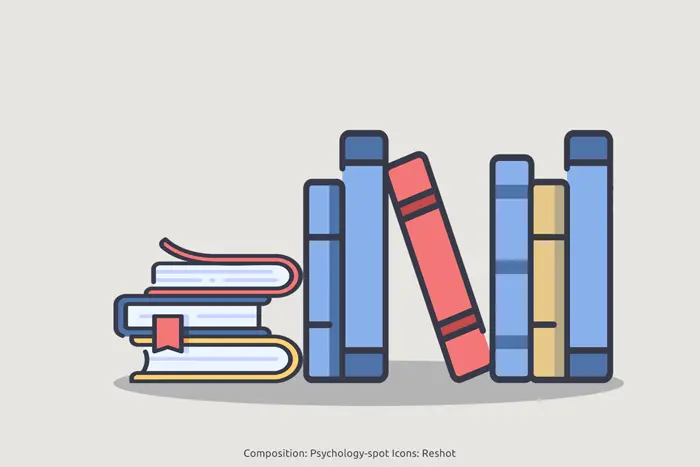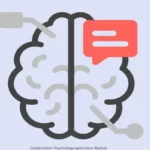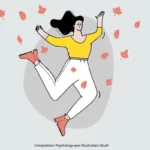
Some book brings in itself the seed of change. That doesn’t mean it will be a revelation to all who read it, but at least have the potential to make us think, invite us question those things we take for granted. And sometimes, a question is enough to trigger a snowball effect. Once we left the rules of conventional thinking, it might not be going back and we start seeing the world in a completely different way. Below you can find a list of 10 of the best books about life.
1. 1984 by George Orwell
First published in 1949, this book is a timeless reading. George Orwell tells a chilling future, a genuine novel of dystopian fiction. In fact, his book was the inspiration for the “Big Brother” and many believe that we’re entering today at an accelerated pace in the Orwellian society where mass surveillance is set, information is manipulated like never before and political and social repression are practiced covertly but in a very determined way.
2. Brave New World by Aldous Huxley
It is the masterpiece of this writer, a novel where is created a seemingly perfect society where all people are satisfied. We find a world of genetic engineering, brainwashing and pleasures tailored for people to disconnect from their concerns. However, as we go deeper into this society, we realize that it is empty. Perhaps any parallel with reality is purely coincidental.
3. Frankenstein by Mary Shelley
Many categorize this book as a horror novel but if we read beyond we realize that is a chilling portrait of man and how far we would be willing to go just to promote science and fulfill a dream. The book tells how Victor Frankenstein gives life to a horrible creature than after is condemned to isolation and loneliness. Undoubtedly, it is a walk through the most devious emotional intricacies of the human being.
4. The Trial by Franz Kafka
Perhaps his most famous work is “The Metamorphosis” but this unfinished novel which the writer requested to be burned after his death, is an even scarier story. It tells the story of Josef K., an employee of a bank who’s arrested. Josef tries to defend himself but doesn’t quite know from what, so that goes into a suffocating judgmental process that takes over his life. He discovers that the bodies to which intends to appeal, are the more limited intellectually.
5. Fahrenheit 451 by Ray Bradbury
The title of this novel refers to the temperature at which the paper of books ignites. In fact, it is a dystopian work, set in a future where there’re no books. The protagonist, called Montag, is a fireman in charge of burning books because the government believes that reading anguishes citizens and makes too many questions arise. Its aim is to make people happy, and for this is burning books. What would be such a society? This book gives us some frightening answers, especially if we’re able to find some parallels with the present.
6. Blindness by Jose Saramago
One day, a strange phenomenon is taking over humanity: everybody lose the vision. How did they contrive to survive? Do they’ll help each other or will be set up a brutal struggle for survival? If only one person could see, what would do? These and other questions are answered throughout the book, while the writer is flowing the veil from the worst of the human nature. About this, Saramago himself explained: “I think we won’t be blind, I think we are actually blind, blind who see, blind which seeing don’t see”.
7. Lord of the Flies by William Golding
When it was first published it went virtually unnoticed, but later became a bestseller and, even today, continues to maintain its power. The novel refers to a small group of children who embarks on a journey but the plane crashes on a deserted island. Then, these children have to survive without the authority of an adult. How will they do? What kind of organization will be implemented? Gradually begins to surface the most brutal instincts of human nature.
8. The Giver by Lois Lowry
Set in a futuristic society, the novel tells the story of Jonas, in a seemingly perfect society where everyone feels satisfied. However, to achieve this, they had to erase the memories of the past of mankind. As the teenager, whose mission is to save the memories, goes deeper into them, realizes how terribly sick and superficial is a society without emotions. It is an easy book to read, with a profound teaching.
9. The Stranger by Albert Camus
This novel explores the moral and emotional nakedness of humanity when forced to confront a reality that seems unnatural and absurd. The hero, Meursault, is an indifferent person who commits a crime but can’t feel pity or remorse. This extraordinary apathy to his existence and to death does stir the reader, who begins to fear a society that promotes feelings of alienation and anonymity at all costs.
10. The Diving Bell and the Butterfly by Jean-Dominique Bauby
I didn’t want to close the list leaving a bad taste in your mouth with all those “strong” readings. The latest book is also a very intense reading, but with the aim that we have to learn to appreciate and thank for all the things we have. The novel is autobiographic and tells the story of Jean-Dominique Bauby, who at age 43 suffered a massive stroke and, when out of the coma, discovered to be completely paralyzed with only one eye left to move. Thus, through a code, dictates this short book which is actually an ode to life.



